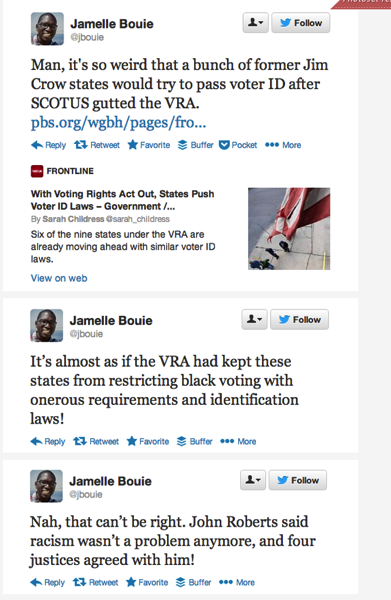Way back in 1994, when I moved to Houston and took a job at TeleCheck, I was absolutely shocked to discover that, in their machine room, there was still an honest-to-shit PDP-11 running RSX, alone in room full of Vaxes and Alphas.
“Good lord! Why?” I asked.
Well, it was complicated. TeleCheck used to be a loose confederation of state-by-state franchise operations, before one guy had bought up most of them (and, eventually, all of them). When they were still mostly franchises, though, a guy had had the idea to create a stand-alone computing services company to do the IT and programming for the franchises, plus some other clients as needed. He called the firm RealShare. (IT at TeleCheck was still known as RealShare well into the 1990s.)
By the early 1990s, nearly all the franchises (all except Australia, New Zealand, and two US states) plus RealShare were under one very leveraged roof held by a handful of execs (all of whom became hugely rich when FFMC bought TeleCheck in like ’92 or ’93, but never mind that). By that point, RealShare’s outside client list had dwindled to ONE: the vaguely-named MultiService Corporation of Kansas City. And MSC’s services ran on the PDP-11, and MSC wouldn’t pay to upgrade, so there they sat.
At the time, 19 years ago, it seemed obvious to me that this was a terrible idea, and that while they COULD stay there for years, they’d be left behind by the broader industry. In technology, holding on too long to older tech can become very, very expensive! Besides, by that point even the technologically conservative TeleCheck had moved on to Vaxes, and in fact was slowly migrating to the wave of the future that was Alpha. (Yeah, about that…)
I left TeleCheck in 1997, off to greener pastures. I assume that lone PDP has long since been powered down. After all, that was almost two decades ago.
Imagine my surprise, then, to discover today that there ARE PDP-11s still in use, and that the organization using them intends to keep them on line until 2050, and has taken to trolling through vintage computing forums to find talent to keep them running!
“Wow! That’s amazing, Chief Heathen! I assume, at least, that they’re not being used for anything IMPORTANT, like financial processing, right?”
Well, you’d be wrong. True, it’s not financial processing they’re doing. It’s nuclear plant automation in by GE Canada.
An obsolete system from a defunct company with effectively no user base and fewer knowledgeable developers and administrators? What could possibly go wrong?



